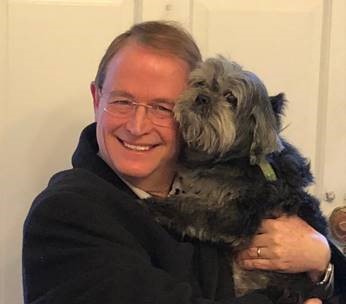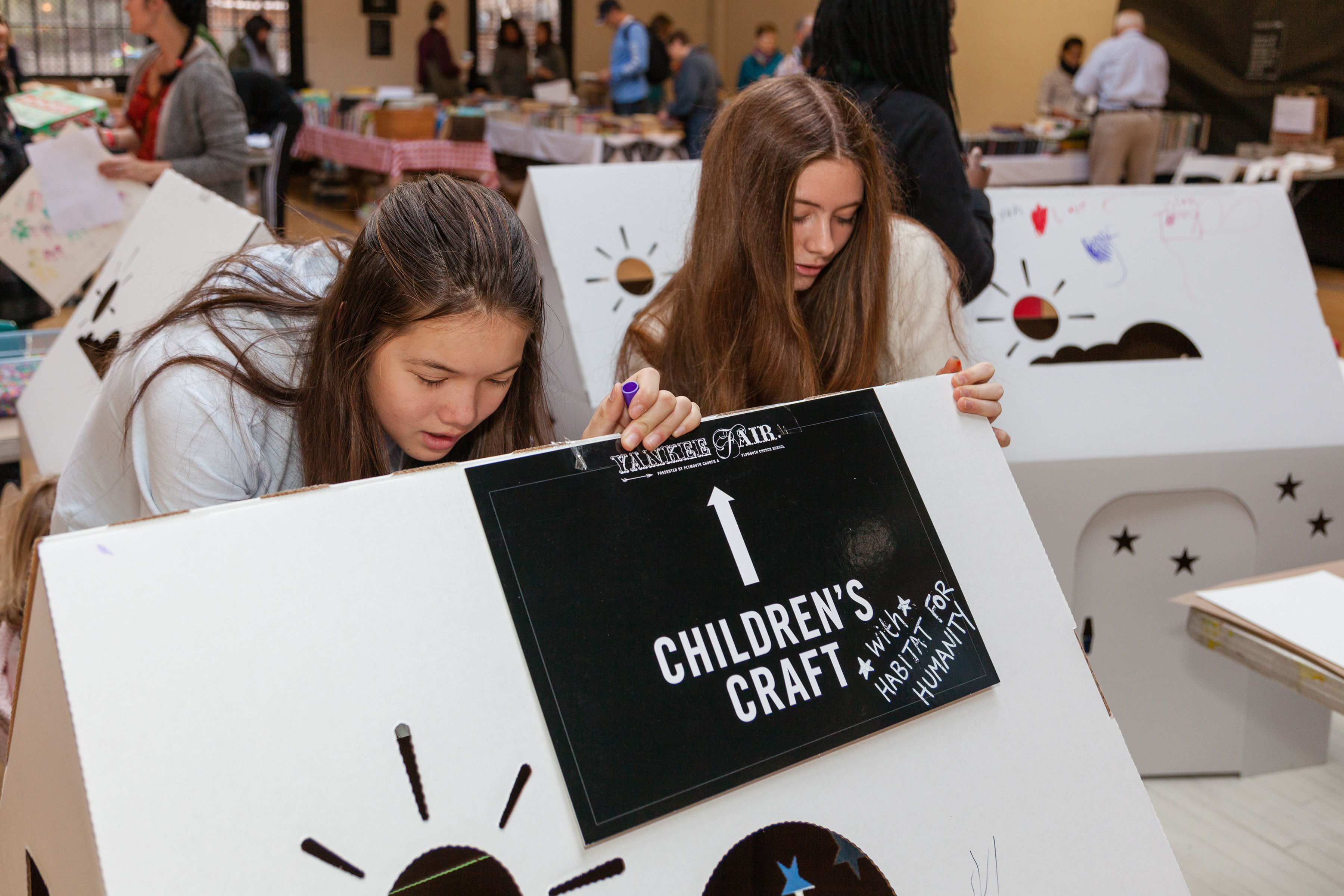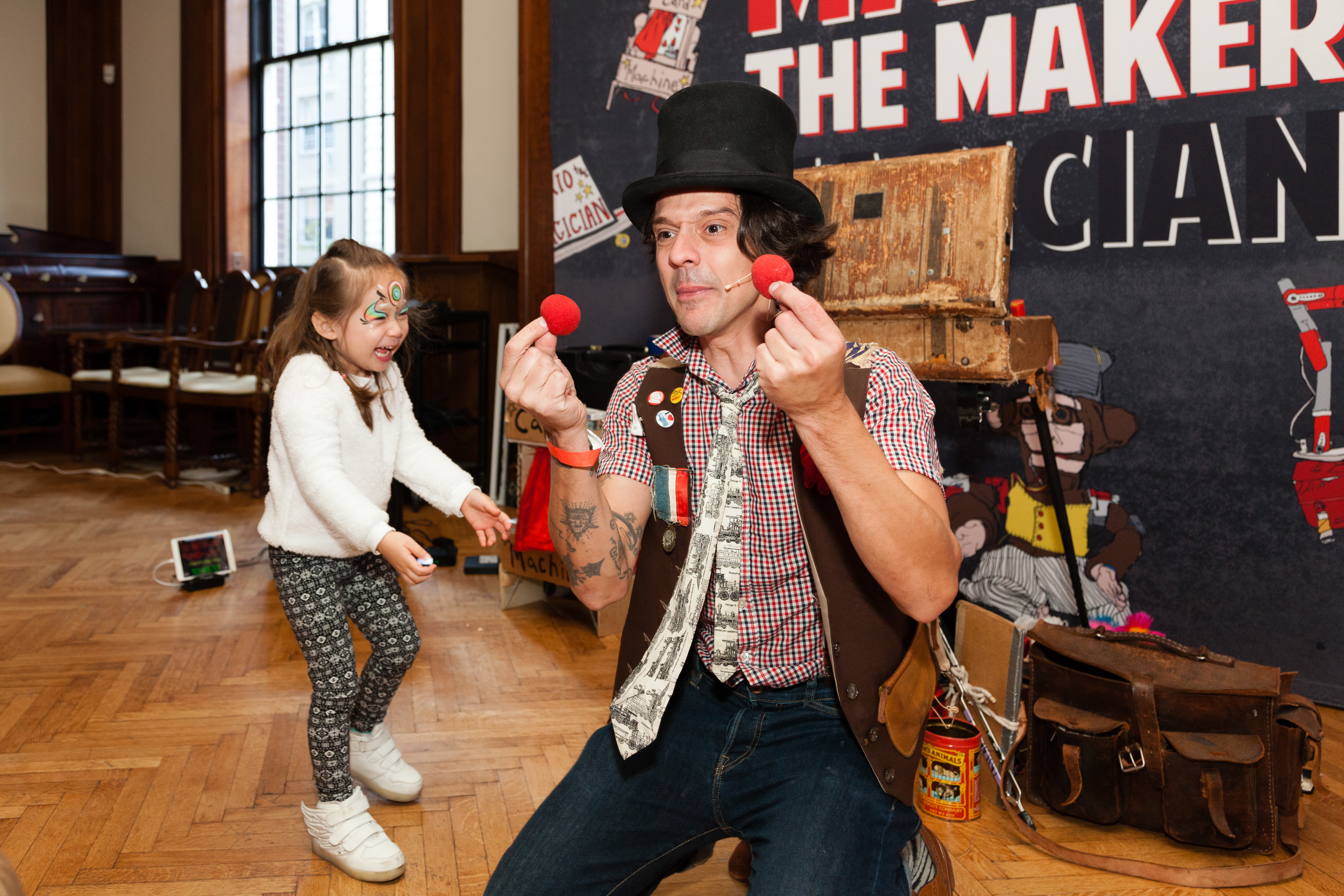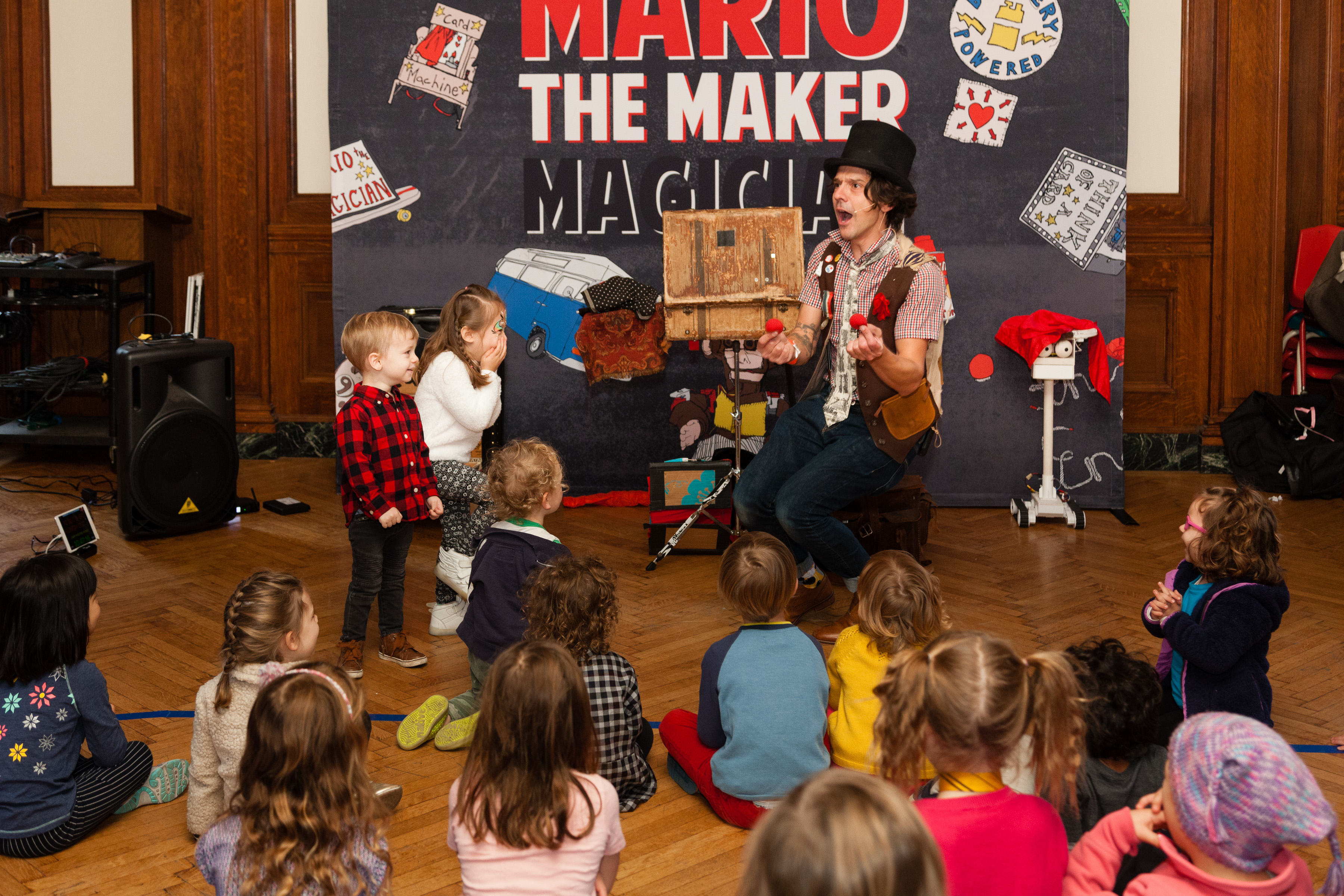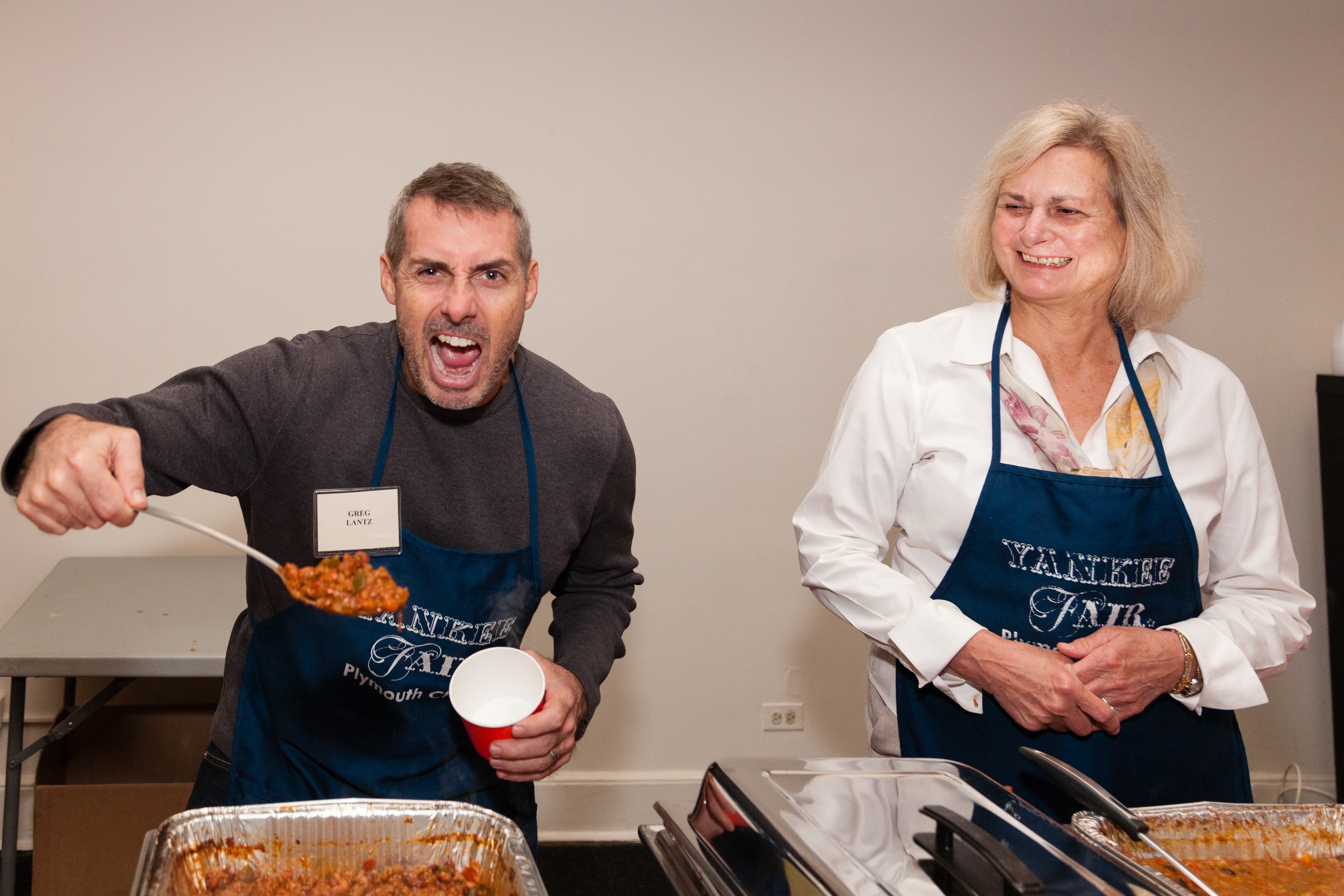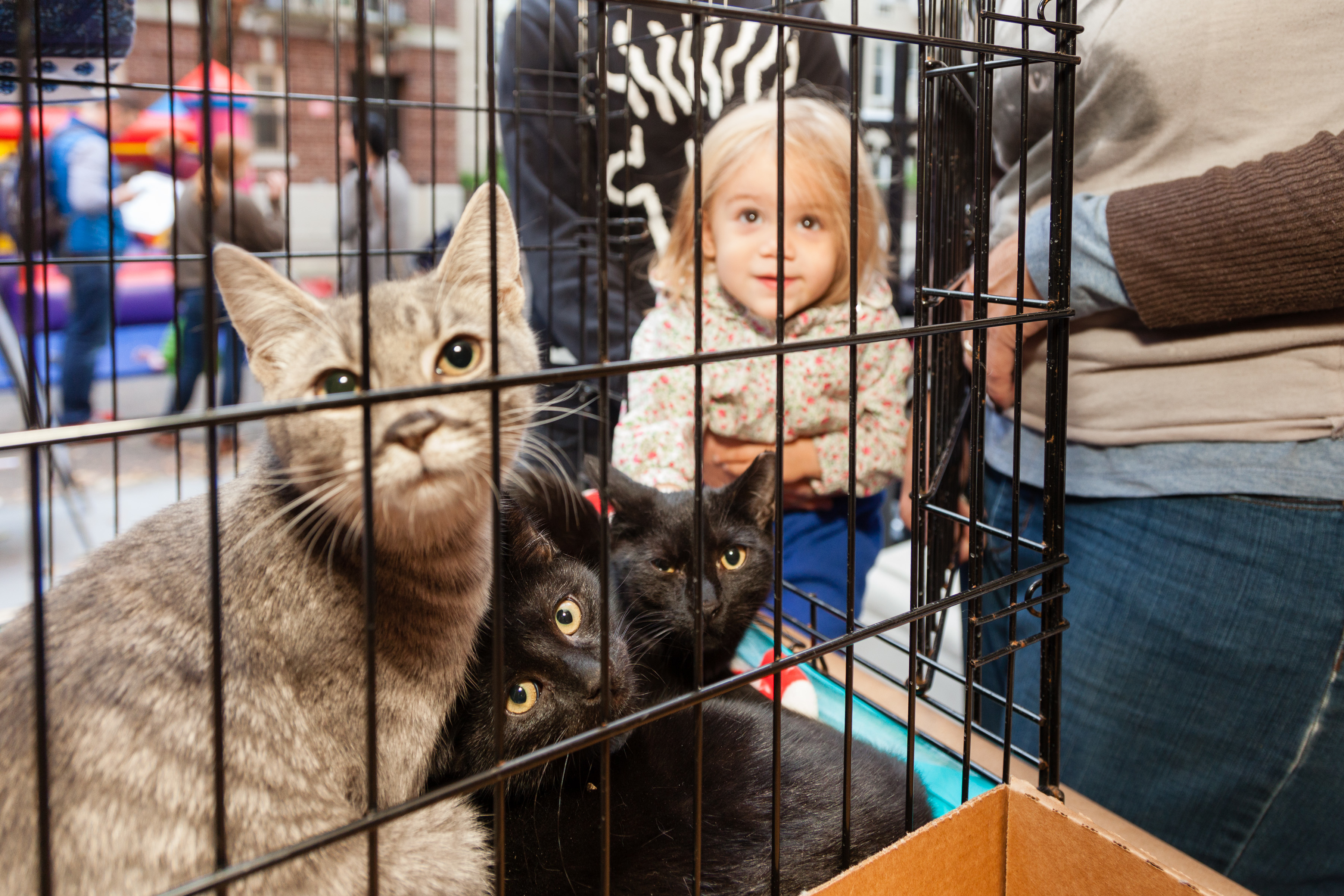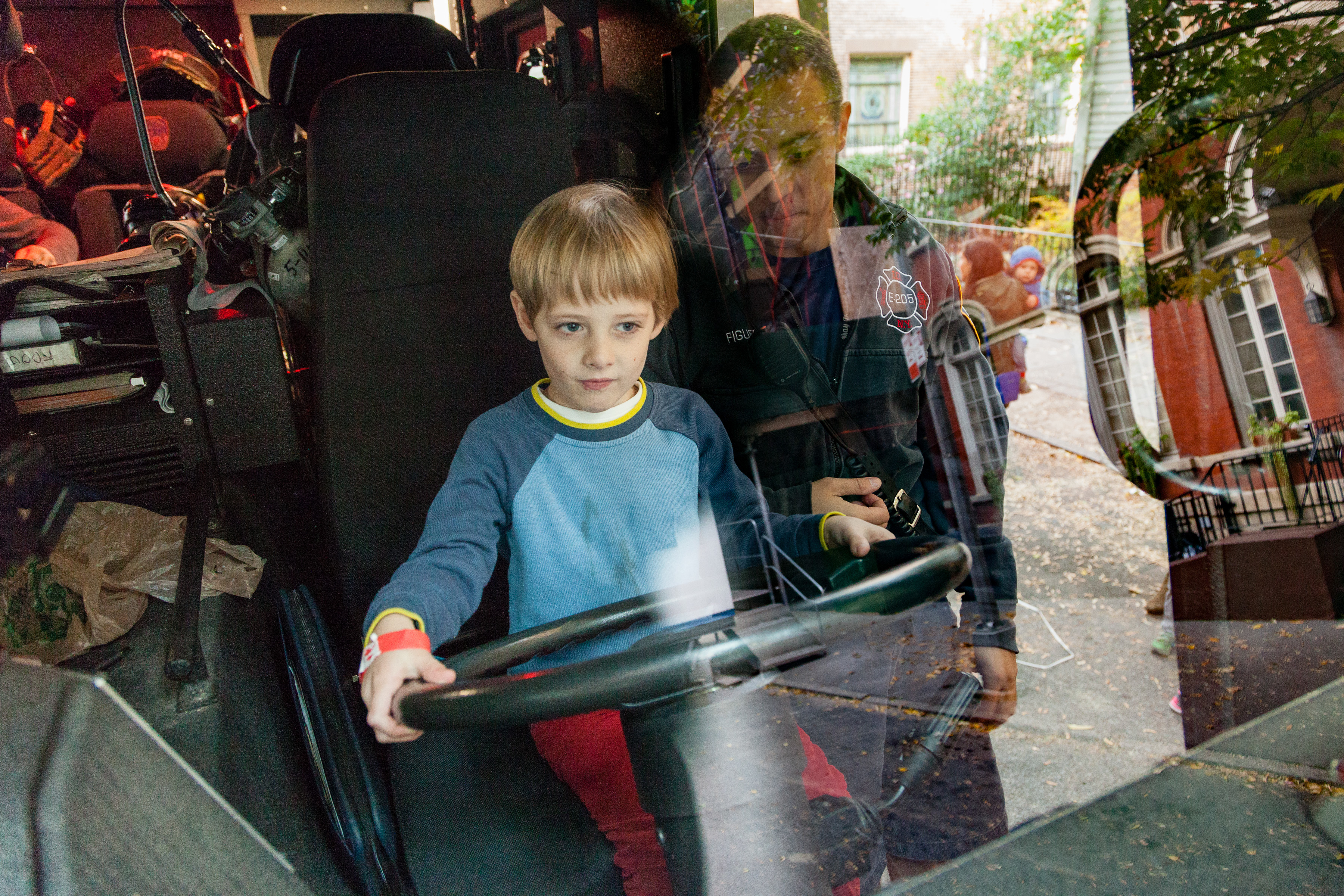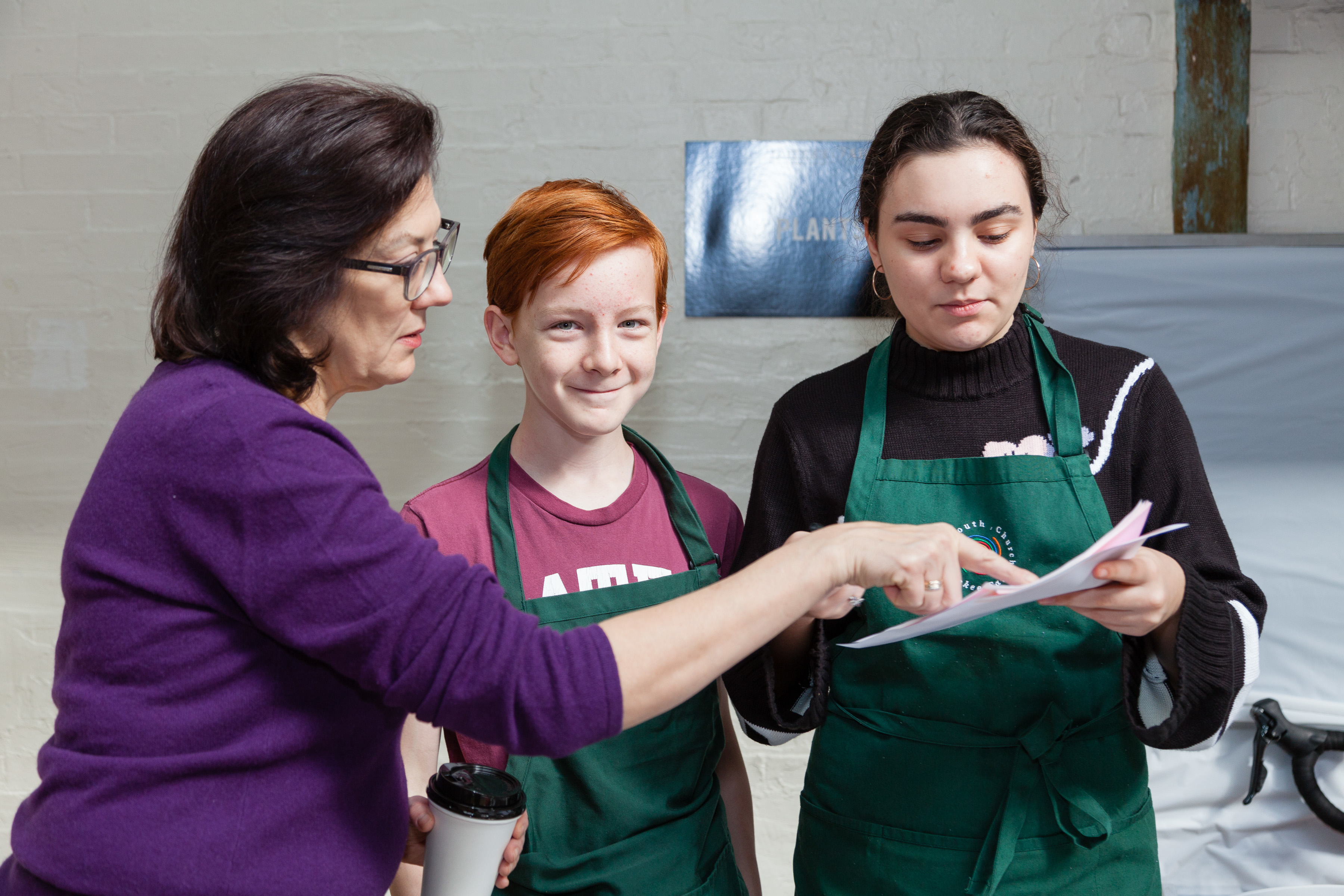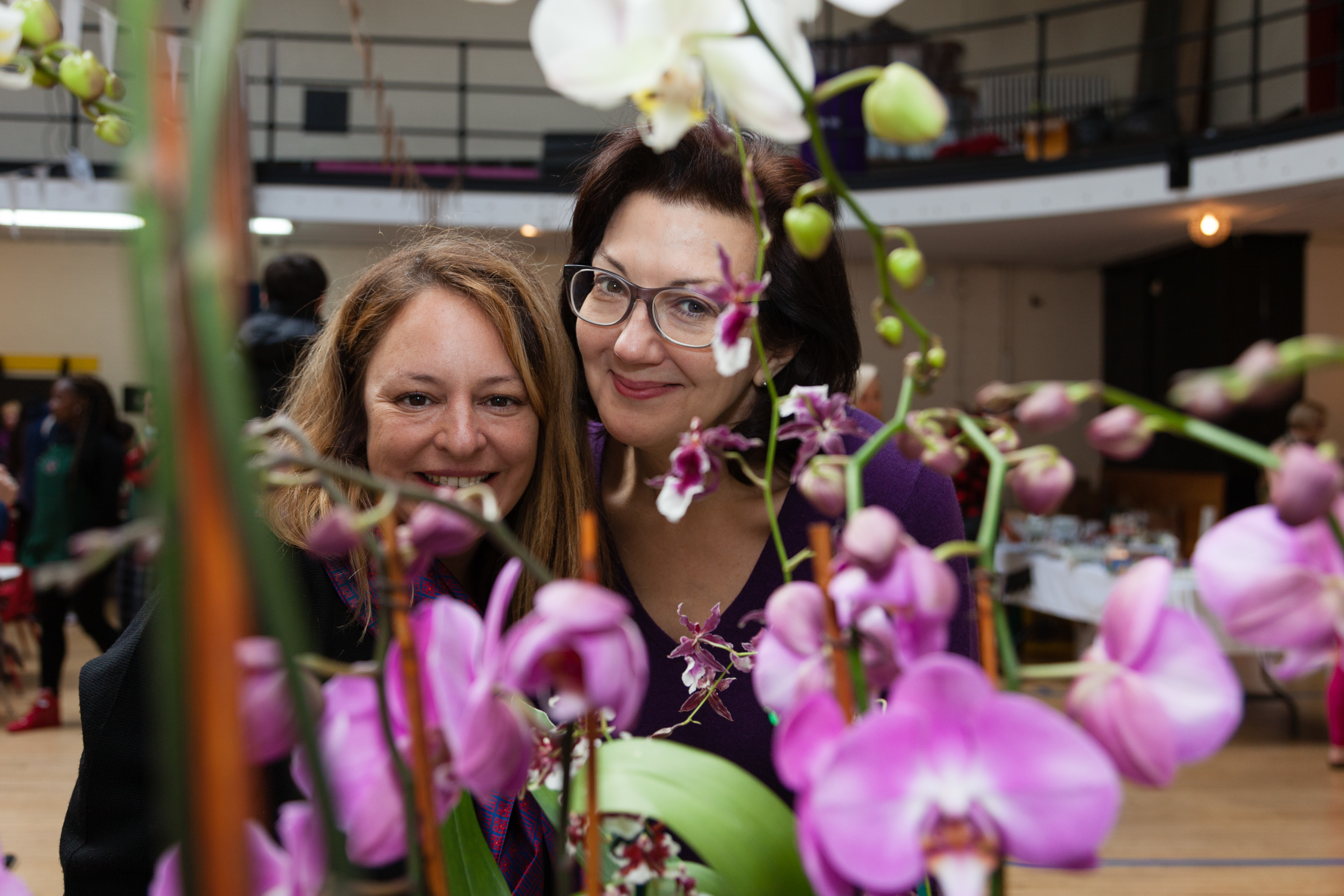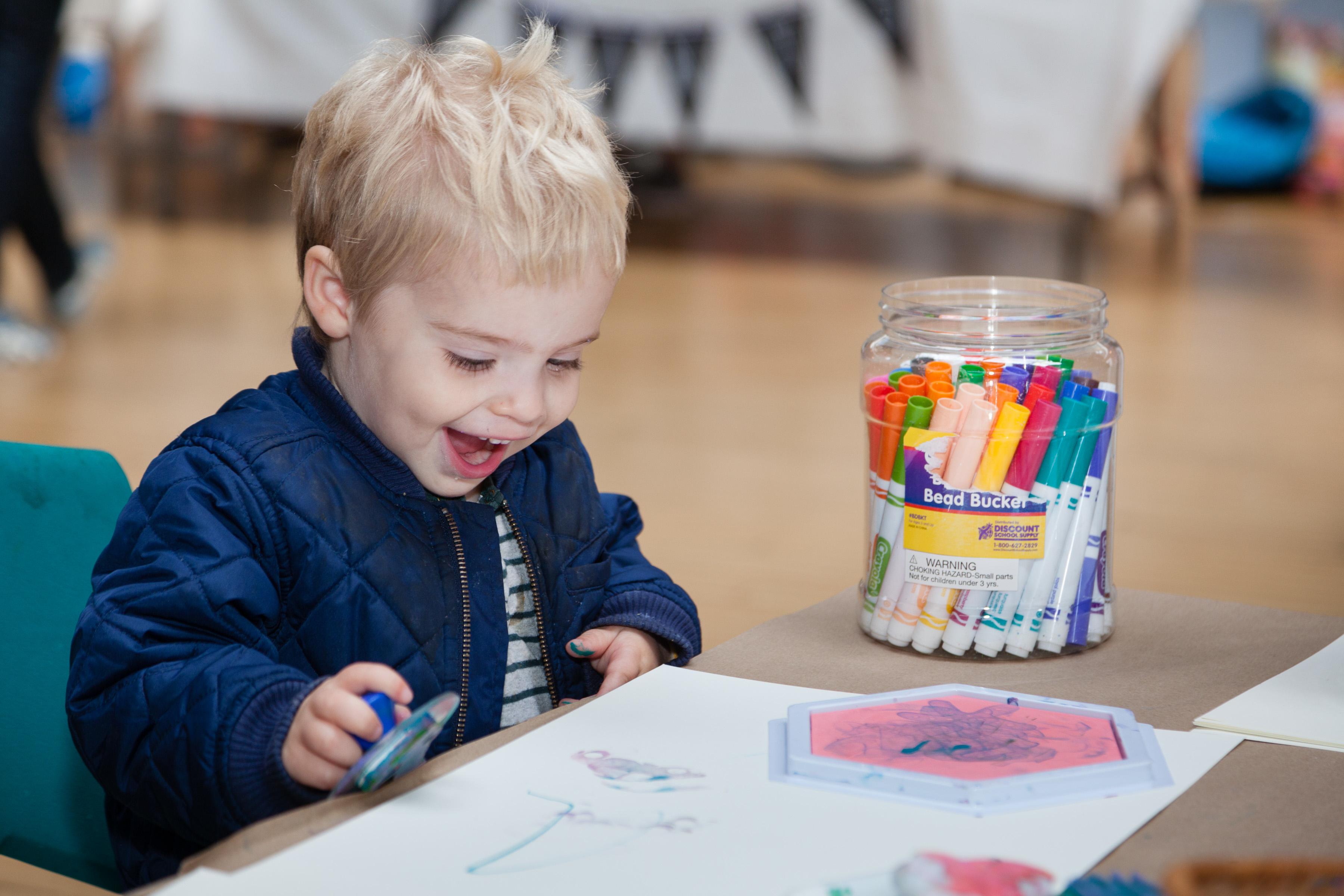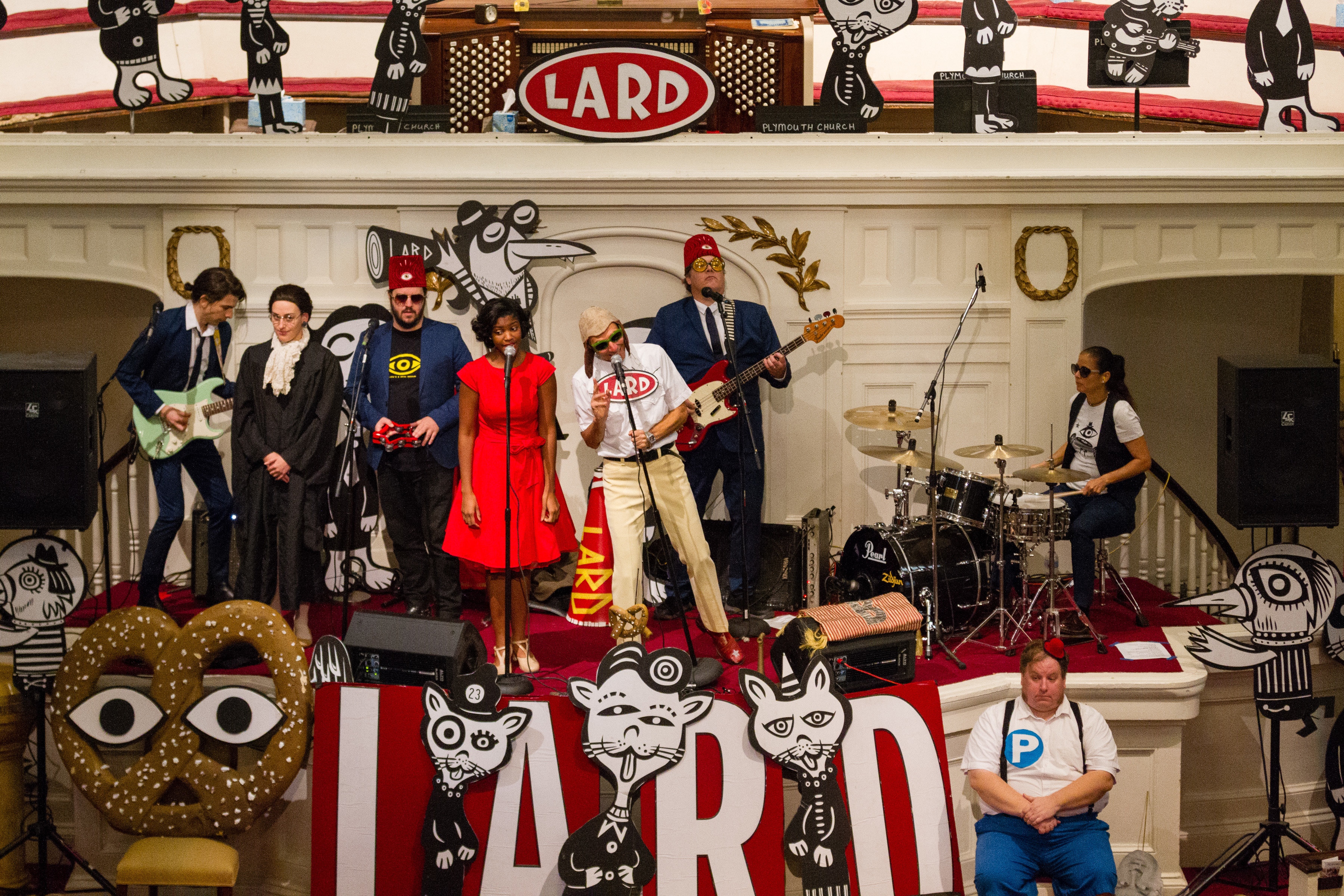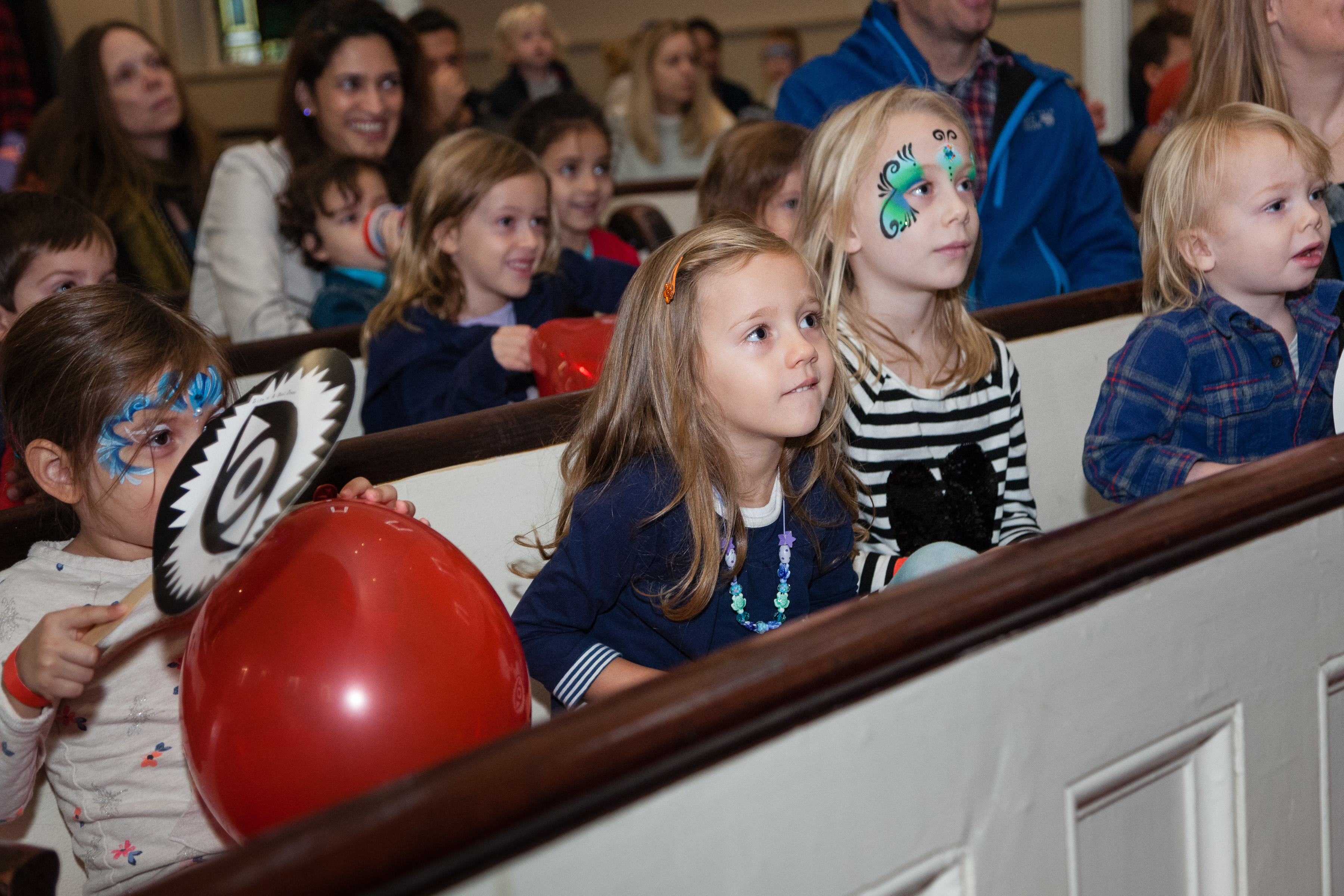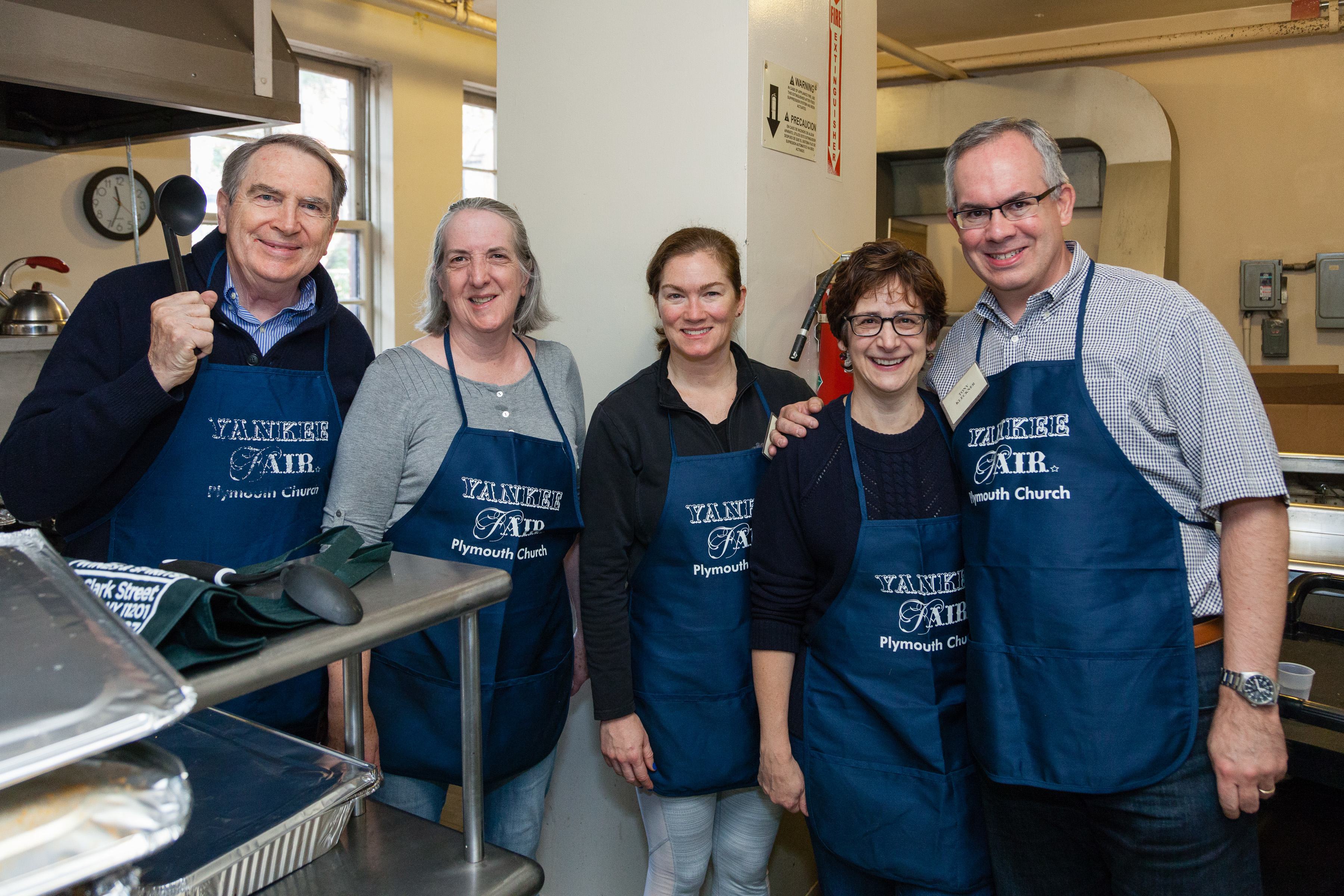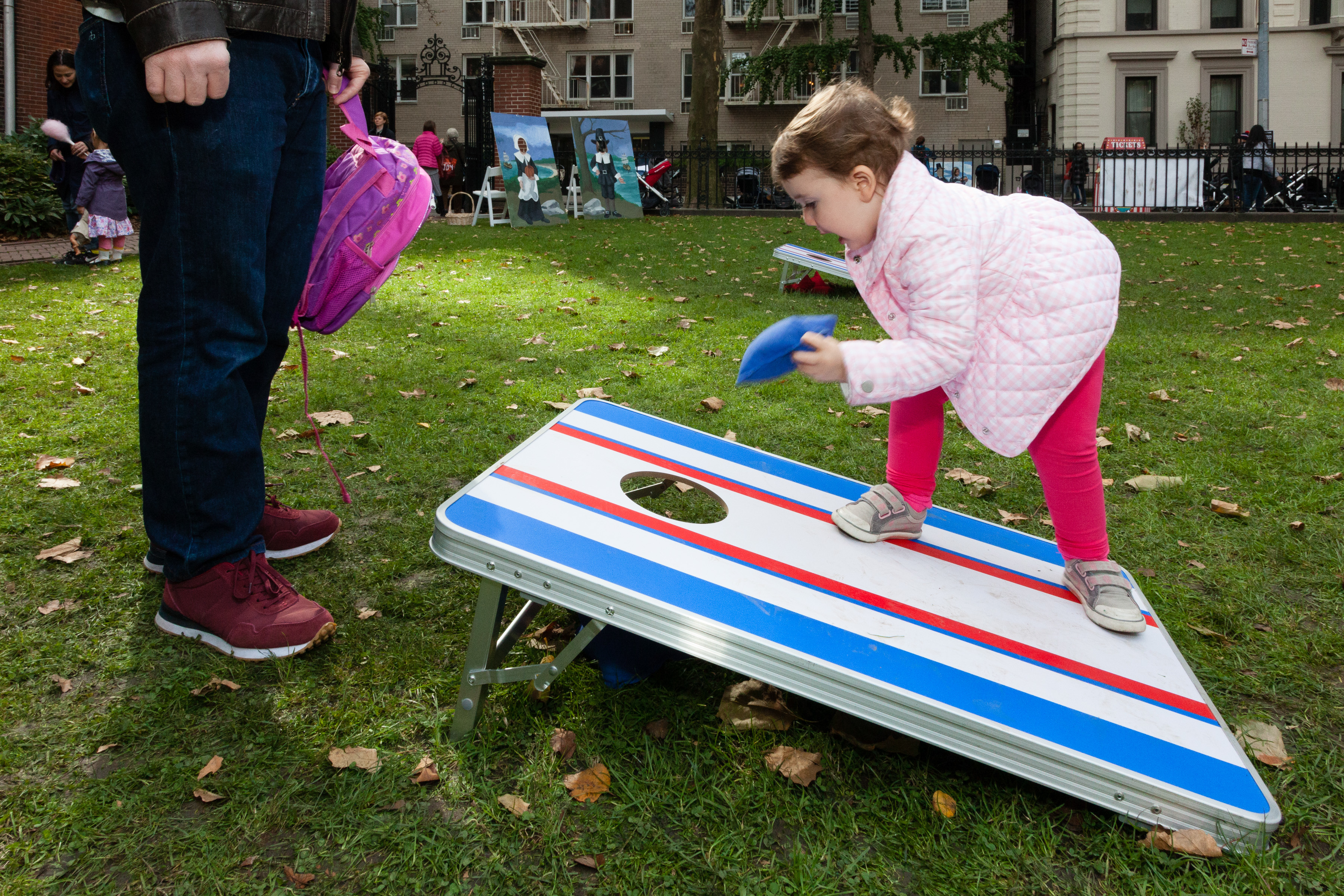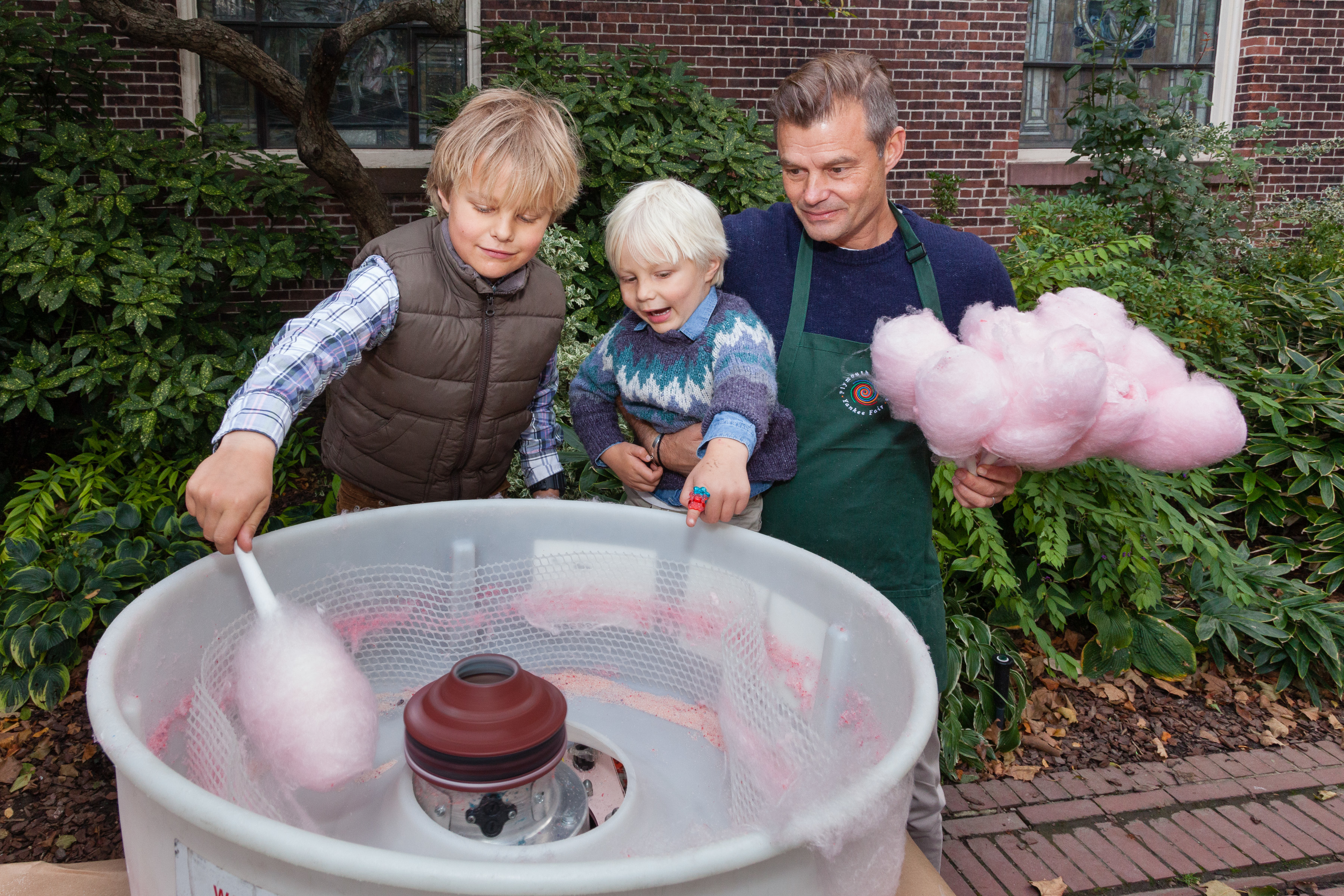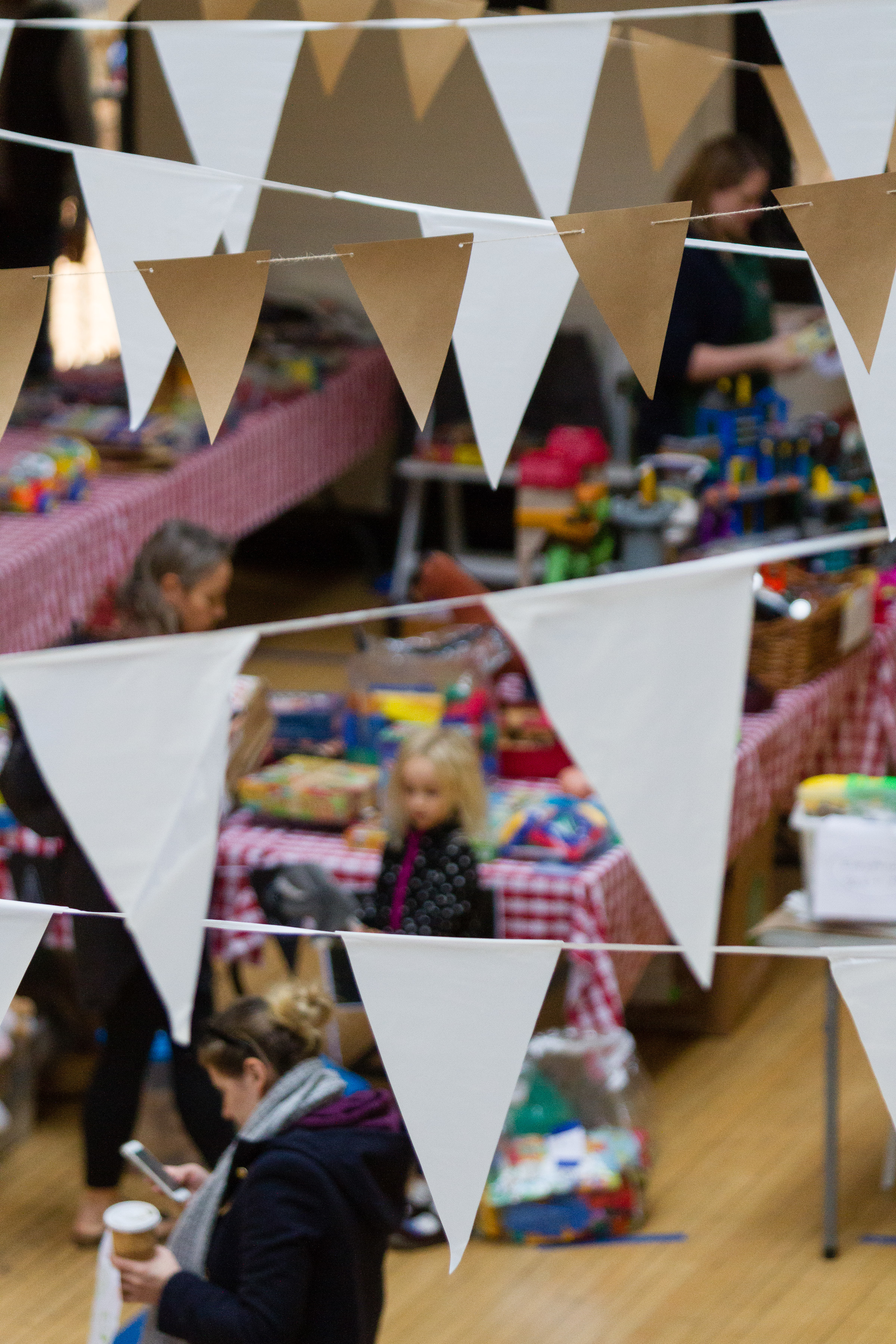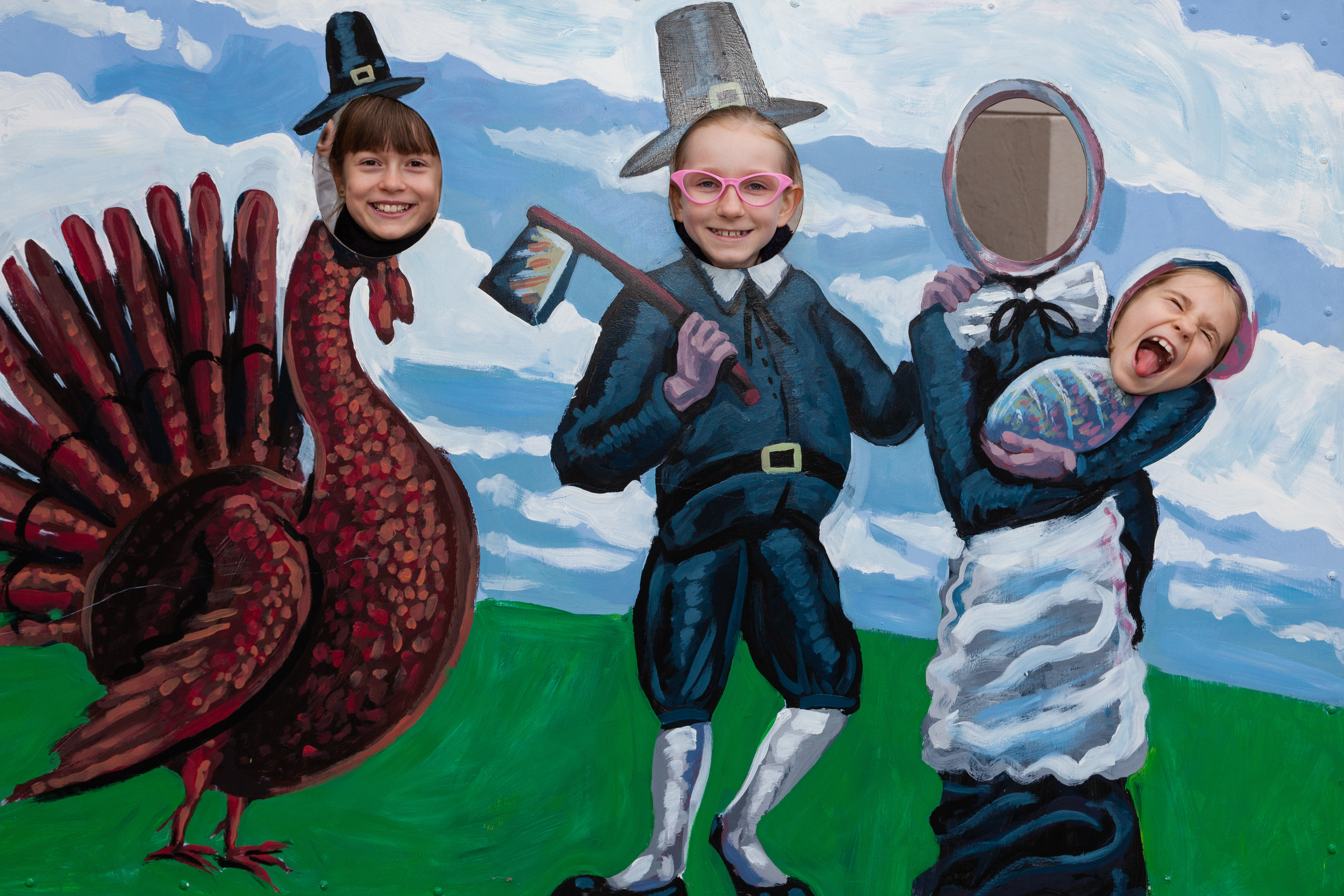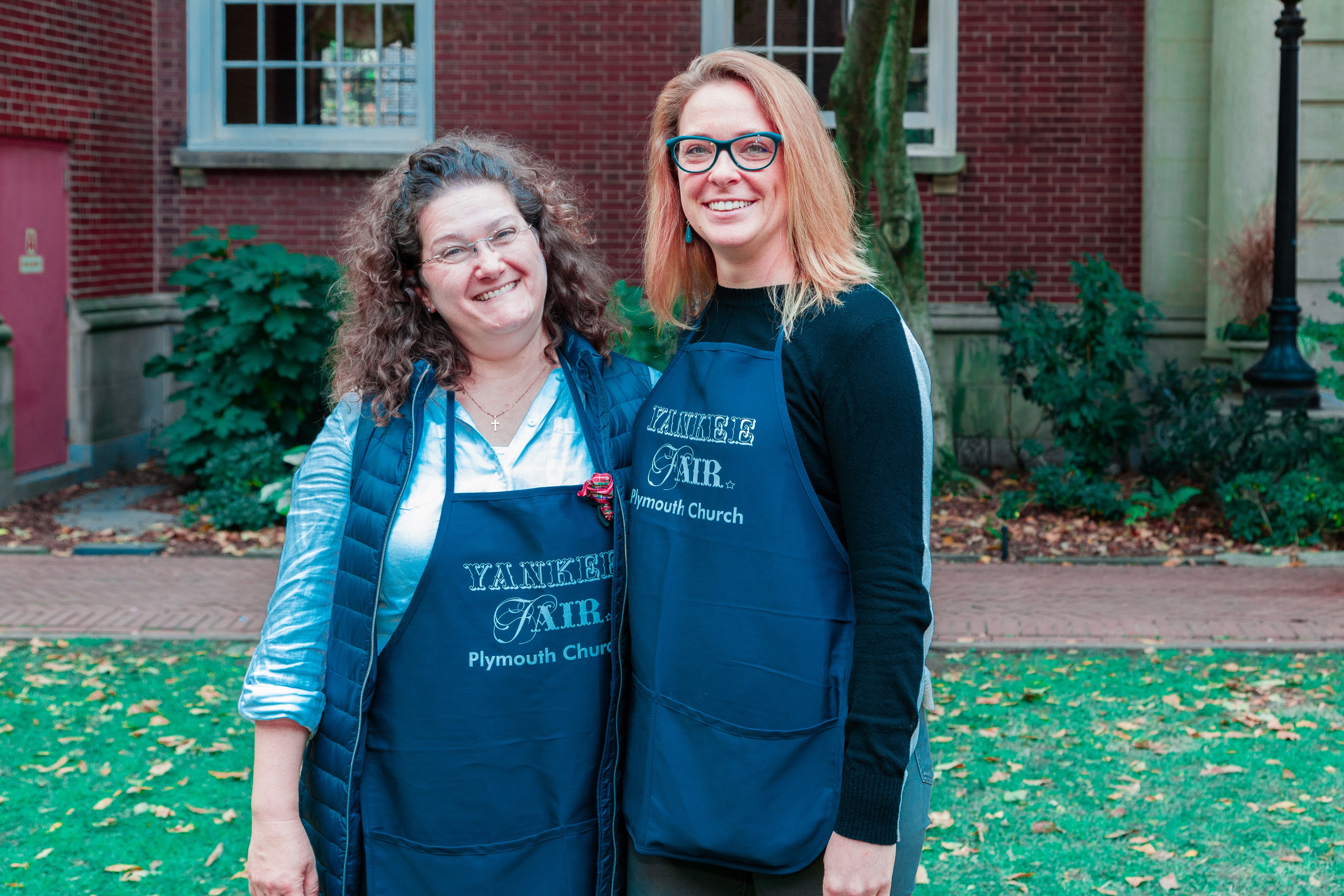Here are 10 reasons to see The Post:
- You have already seen Star Wars.
- Films set in the 1970s make you nostalgic for better government.
- You want to see a movie with old people in the audience.
- You want to see a movie with old people in the movie.
- You like films that make your wardrobe seem up to date.
- You want to see if Meryl Streep can do an American accent (SPOILER ALERT: She can!).
- You are relieved that Tom Hanks has finally gotten a good role.
- Steven Spielberg needs your support.
- You love movies about Robert McNamara.
- You want to remember how good the church could be.
As a New Yorker for almost two years, I am happy to point out the movie begins with the Washington Post getting scooped by the New York Times. (Our hometown newspaper is surprised that a movie about the Pentagon Papers is called The Post.) Daniel Ellsberg, a former aide to Defense Secretary Robert McNamara, exposed the government’s decades-long history of lies about Vietnam by sending the long report known as the Pentagon Papers to the New York Times. Each administration knew the war was unwinnable, but kept that fact from Congress and the American people.
After a court order halted the New York Times’ publication, the Post got its own copy and had to decide whether to step up, tell the truth, and defy the court order. Kay Graham, publisher of the Post, got the job after her husband’s suicide. As the movie begins, Graham is hanging on to a naïve faith in American leaders.
The newsroom is filled with idealistic reporters who smoke constantly, pound typewriters, pour dimes into pay phones, and send copy to the printer through those cool pneumatic tubes. You feel like there should be ink on your fingers at the end of the movie.
The old-school editor of the Post, Ben Bradlee defends the freedom of the press: “The only way to protect the right to publish is to publish!”
Ben Bagdikian, an old-school reporter, says, “I always wanted to be part of a small revolution.”
When Bagdikian asks Ellsberg why he is acting so courageously, Ellsberg responds, “Wouldn’t you go to prison to stop the war?”
Publishing the papers could land Bradlee and Graham in prison. The Post’s board of directors does not want to take on the government because they are afraid of losing money.
Graham argues for the board’s position: “We can’t hold [government] accountable if we don’t have a newspaper.”
Bradlee counters, “If the government is telling us what to print, then the
Washington Post has already ceased to exist.”
This would be an unpopular movie if Graham did not find her footing, courage and voice. Putting the good of the country before your own financial interest sounds corny, but it shouldn’t. The mission of a newspaper is the welfare of the people. The Post chose its mission over its security.
Churches should see themselves in this movie. The First Amendment is about a free press and a free church. The church, like the board of the Post, is tempted to focus on survival. When well-meaning Christians worry only about the budget, the church ceases to be the church. Institutional Christianity, like a bad newspaper, is organized, conventional, and uninteresting.
Martin Luther said, “Churches that preach the gospel, except where it addresses the issues of the day, do not preach the gospel.”
The church has to tell the truth, be a voice for peace, and make it clear that our culture’s values are upside down. Every community has a story which tells them who they are, offers a sense of what made them great, and guides them in their decisions. Americans have the Constitution. Christians have the story of Jesus.
When the Post stood up for truth, they went from being a nice local paper to being an important national one. When the church is brave, the church attracts those who want to live with conviction.
In the Supreme Court’s response to the Pentagon Papers, Justice Hugo Black wrote that America’s founders affirmed freedom of the press “to serve the governed, not the governors.”
The church is to serve the world, not the church.
